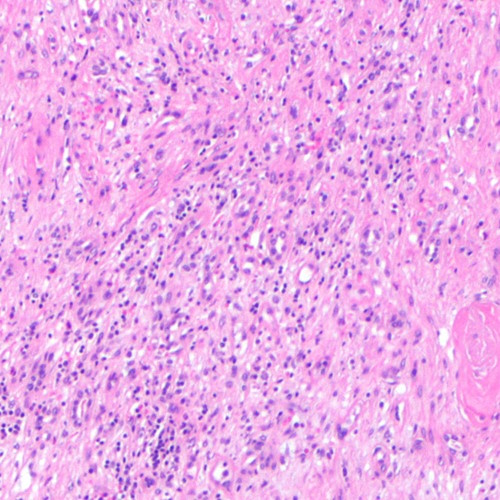Key points from article :
The gut microbiota of the elderly is substantially different from the younger adults.
The earliest significant changes occur around age 35.
It correlates with frailty, mediated by chronic inflammation affecting cognition.
Researchers transplanted the gut microbiota from aged rats to young rats.
They used the fecal microbiota transplantation (FMT) technique.
And observed if reshaped gut microbiota can cause a shift in cognitive behavior.
As well as in brain structure and functions in young recipient rats.
Results showed FMT impaired cognitive behavior in young recipient rats, among many other effects.
All alterations induced by FMT reflected cognitive decline.
FMT increased levels of pro-inflammatory cytokines and oxidative stress in young rats.
Indicating that inflammation and oxidative stress may underlie gut-related cognitive decline in aging.
Published in Aging.





